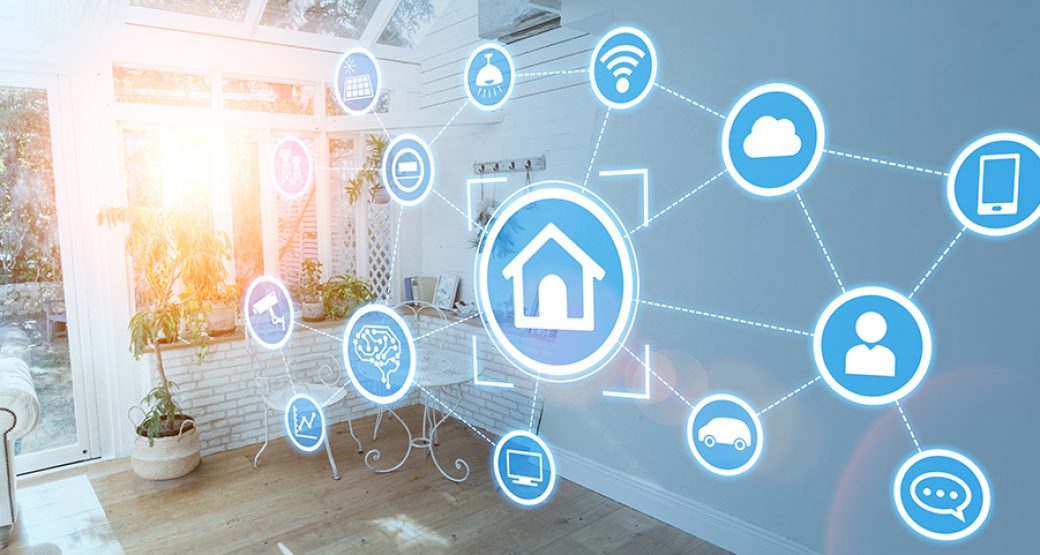The Future of Home Security: Predictions and Trends for 2023
The future of home security is an ever-evolving landscape, with new technologies and threats constantly emerging. As a security expert, I’ve spent a lot of time thinking about what the future holds for home security, and I’ve come up with a few predictions and trends that I believe will shape the industry in the coming years.
One trend that I believe will continue to gain momentum is the integration of smart home technology into traditional home security systems. This means that homeowners will have the ability to control and monitor their security systems through their smartphones or other connected devices. This will allow them to easily check the status of their security system, arm or disarm it, and even receive notifications if there is an intruder or other security breach.
Another trend that I believe will become increasingly popular is the use of artificial intelligence and machine learning in home security. These technologies will allow security systems to learn over time, adapting to the unique needs and habits of each individual homeowner. For example, an AI-powered security system might learn that the homeowner typically comes home from work around 5pm and arm itself automatically at that time. This will not only make home security more convenient, but it will also make it more effective by eliminating the risk of human error.
The use of facial recognition technology in home security is also expected to grow in the future. This technology can be used to identify intruders and alert homeowners to their presence, even if the intruder is wearing a disguise or mask. Facial recognition technology can also be used to recognize the faces of authorized individuals, such as family members or trusted friends, and grant them access to the home without the need for a key or code.
Another trend that I think we will see more of in the future is the use of cameras with advanced features like night vision, 4K resolution, and pan-tilt-zoom capabilities. This will make it easier for homeowners to monitor their homes, even in low-light conditions or when they are away. Additionally, the use of cameras with advanced features like facial recognition and AI capabilities will make it easier for homeowners to identify and track intruders, even if they are disguised or wearing masks.
Finally, I believe that the future of home security will involve a greater focus on cybersecurity. As more and more devices in our homes become connected to the internet, the risk of cyber attacks increases. To protect against these threats, homeowners will need to take steps to secure their home networks and connected devices, such as using strong passwords, regularly updating software, and using antivirus and antimalware software.
In conclusion, the future of home security is full of exciting possibilities. The integration of smart home technology, the use of artificial intelligence and machine learning, the use of facial recognition technology, the use of advanced cameras, and the focus on cybersecurity will all play a significant role in shaping the industry in the coming years. As a security expert, I believe that these trends will make home security more convenient and effective than ever before, giving homeowners the peace of mind they need to feel secure in their homes.

